Directory
- Share
Antranik Sefilian
- Alumni
- Lebanon
- 2017 PhD Applied Mathematics and Theoretical Physics
- Darwin College
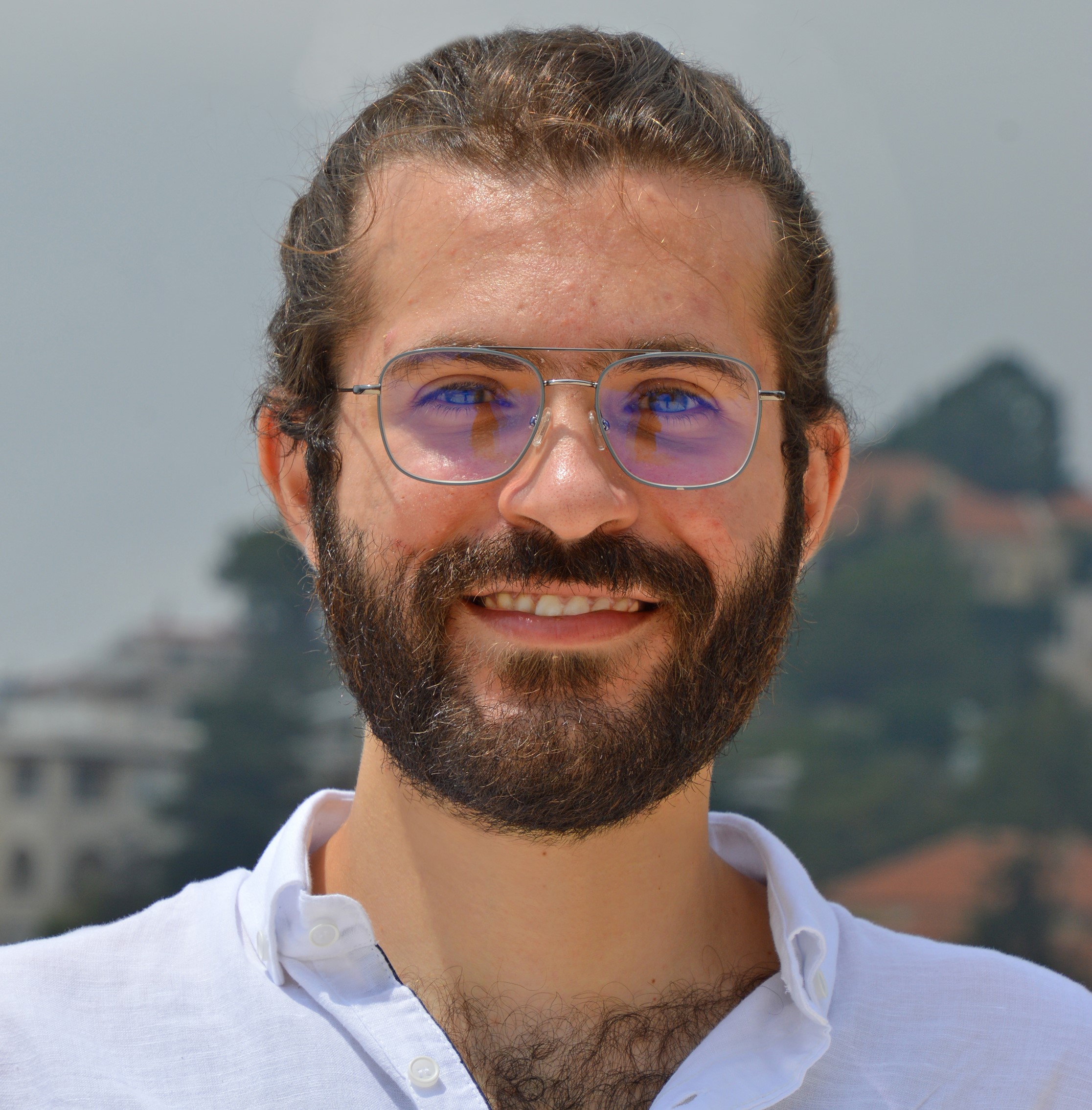
Antranik Sefilian
- Alumni
- Lebanon
- 2017 PhD Applied Mathematics and Theoretical Physics
- Darwin College
As a school student in my hometown, Beirut, I was fascinated by the power of physics in guiding me to understand the dynamics of heavenly bodies. This amazement and my childhood fascinations with space, led me to pursue a BSc in physics at the Lebanese University with the goal of being an astrophysicist.Being an Armenian descendant and appreciating the importance of transmitting a craft from a generation to another, it was natural for me to develop a strong will to become a mentor - a professor - for the coming generation; to serve my community academically. This, along with my goal of becoming a productive member of the research community, drove me to continue my studies at the American University of Beirut (AUB).During my MSc at AUB, I strengthened my knowledge in the field of planetary dynamics/ formation, and engaged in and conducted original research under the supervision of my mentor, Prof. Jihad Touma, who also taught me about the ethics of research and the responsibilities of a professor. I had the chance to develop these qualities by serving as a lab instructor at AUB and the Lebanese American University.At Cambridge, I will carry out further research to understand the conditions necessary for planetesimal growth within and around binary stars. This study will greatly advance our understanding of the origin of exoplanets in stars of higher multiplicity.I am honored to have this incredible opportunity to learn and grow as part of the Gates Cambridge community.
Previous Education
Lebanese University
American University of Beirut
Links
Elizabeth Sefton
- Alumni
- United States
- 2008 MPhil Biological Science (Zoology)
- Hughes Hall
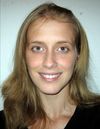
Elizabeth Sefton
- Alumni
- United States
- 2008 MPhil Biological Science (Zoology)
- Hughes Hall
At Cambridge I will pursue an MPhil in Zoology with Dr Michael Akam studying segmentation in arthropods. I will compare segmentation mechanisms in a basal lineage of insects to those in vertebrates. Additionally I hope to participate in science education with the University Museum of Zoology in Cambridge. In my career I will continue scientific research in a university or museum setting while serving as an educator. I would like to study developmental biology through a comparative lens, leading to a greater understanding of evolutionary history.
Simone Seiver
- Alumni
- United States
- 2017 MPhil Criminology
- Newnham College

Simone Seiver
- Alumni
- United States
- 2017 MPhil Criminology
- Newnham College
Previous Education
Yale University
Minami Seki
- Scholar
- Japan
- 2023 MPhil Asian and Middle Eastern Studies
- Trinity College
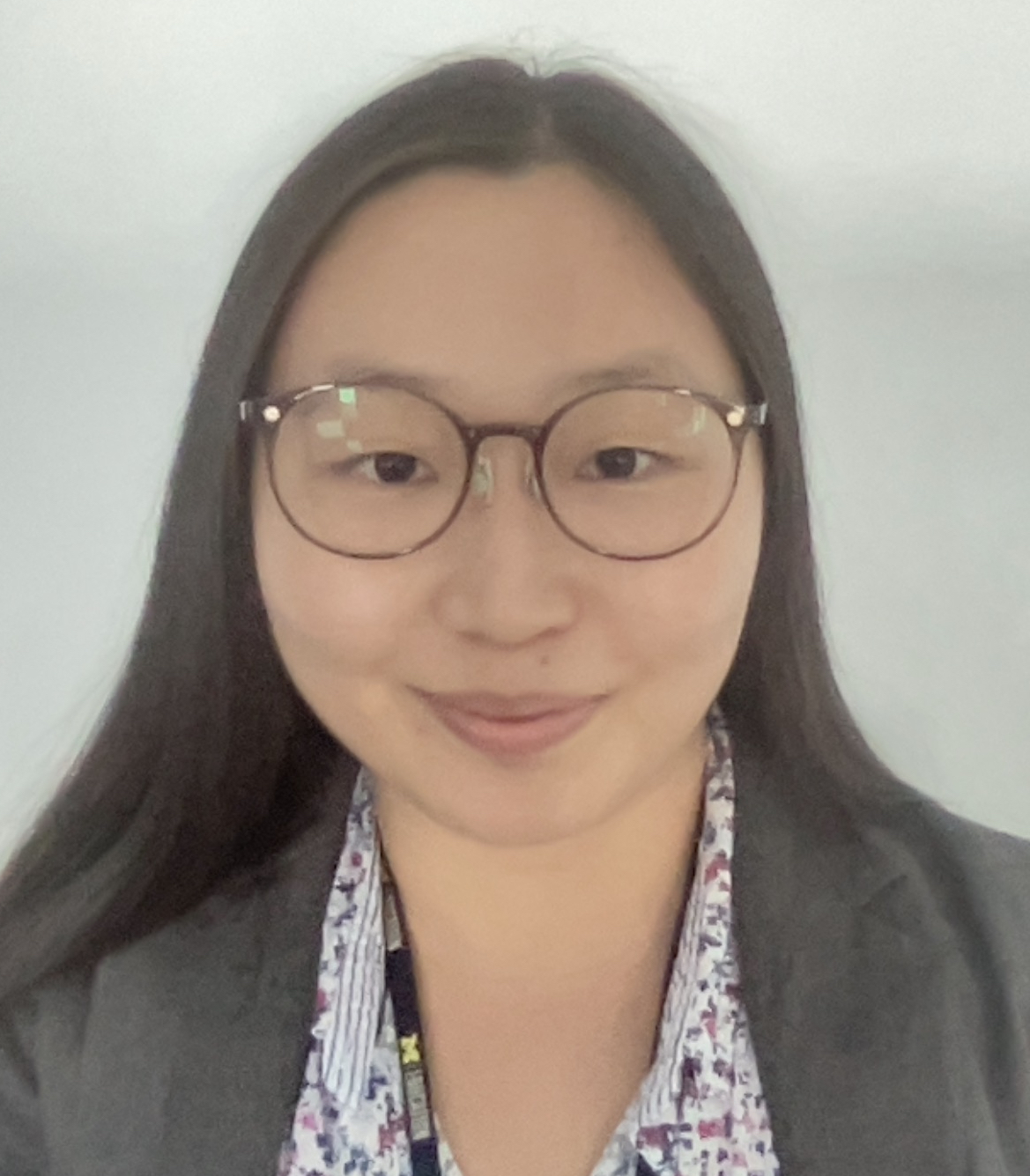
Minami Seki
- Scholar
- Japan
- 2023 MPhil Asian and Middle Eastern Studies
- Trinity College
As a woman raised in Japan, gender inequality in my country was something I was aware of from a very young age. It was during my undergraduate studies at the University of Michigan that I finally learned the language of social justice, power, and identities to express my protest against these inequalities. I learned about my country’s lack of progress towards women’s rights in the workplace through my research for my honors thesis on gender ideology and Womenomics, and then became a classroom teacher with the objective of reframing curricular material to be more gender inclusive. During my time as a teacher in Japan, I became involved in labor activism, and learned firsthand about the challenges of tackling gendered harassment in educational institutions as an employee. Through my MPhil in Japanese Studies at Cambridge, I hope to deepen my understanding of the cultural, historical, economic, and political factors that impact the formation of gender ideology in Japan today with a focus on the gendered messaging in moral education textbooks used in public education. I hope to eventually transform educational and workplace policies for women’s empowerment in Japan and in under-resourced international communities.
Previous Education
University of Michigan Educational Studies 2018
University of Michigan Economics, International Studi 2015
Samarpita Sen
- Scholar
- India
- 2021 PhD Genetics
- Downing College
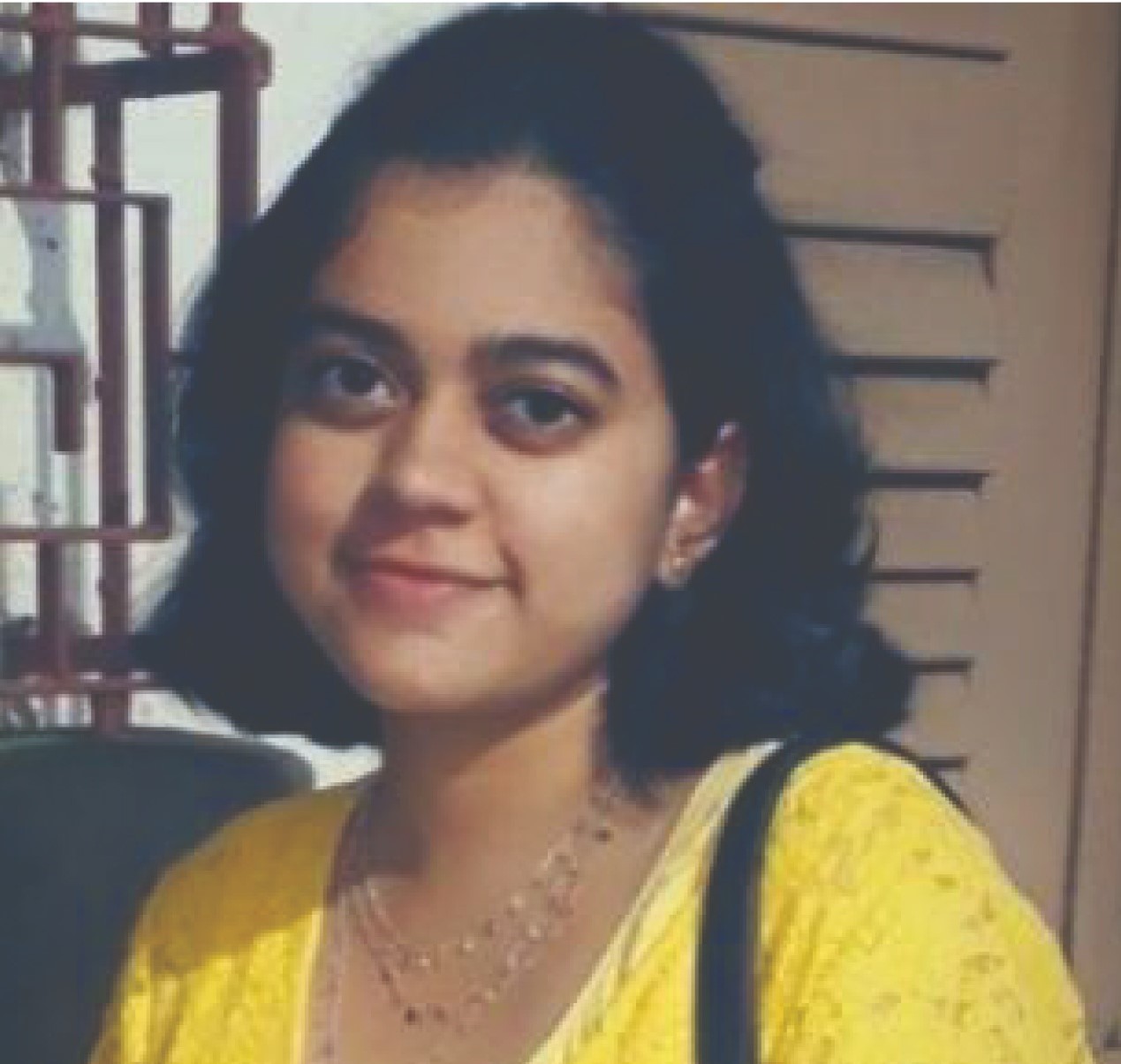
Samarpita Sen
- Scholar
- India
- 2021 PhD Genetics
- Downing College
I grew up in Kolkata and completed my BS-MS in Biology from IISER Kolkata. During my undergrad, I got increasingly fascinated by cell polarity with particular mention to polarized exocytosis. I was amazed by how cell polarity determines the localization and thereby regulates the function of the various residential proteins within the cell. During my PhD, I seek to explore how newly synthesized and recycled proteins are delivered to distinct apical or basolateral domains of the plasma membrane of an epithelial cell, which requires the sorting of these proteins into domain-specific compartments, followed by their directed trafficking and fusion with the membrane. Establishment and maintenance of cell polarity is critical for the health of a cell and its loss is one of the crucial stepping stones to cancer. This study might led us to understand how cell polarity is disrupted during cancer and eventually might also enable us to develop novel therapeutic techniques to combat it. I am honored to be a part of the Gates Cambridge community and look forward to meeting and working with some of the most brilliant scientific minds across the world and also commit to using my knowledge to improve the lives of others.
Previous Education
IISER Kolkata Biology 2021
Suhasini Sen
- Alumni
- India
- 2012 LLM Law
- Trinity Hall
Suhasini Sen
- Alumni
- India
- 2012 LLM Law
- Trinity Hall
Working as a Junior Advocate to Ms. Nitya Ramakrishnan in New Delhi has given me a strong interest in criminal law. A large portion of the work I’ve done has involved the representation of persons charged under regressive national security and anti-terrorism statutes and the experience has thrown up several questions in my mind. For example, while policy makers quote the pragmatic justification for enhanced police power as being the fact that the effects of certain crimes are either more acute or are likely to be felt by society on a much larger scale, does the need to protect public security also provide us with a valid moral justification for the curtailment of civil liberties? At what stage or in what context does it become morally and legally permissible to dilute principles of presumption of innocence and personal liberty? I believe that it is essential for a to have some answers to these questions, and I hope to be able to find them while I pursue my LL.M.
Amirah Sequeira
- Alumni
- Canada
- 2014 Mphil History Philosophy & Sociology of Sci, Tech & Med
- Newnham College
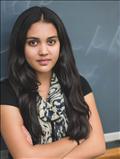
Amirah Sequeira
- Alumni
- Canada
- 2014 Mphil History Philosophy & Sociology of Sci, Tech & Med
- Newnham College
Gregory Serapio-García
- Scholar
- United States
- 2019 PhD Psychology
- St John's College
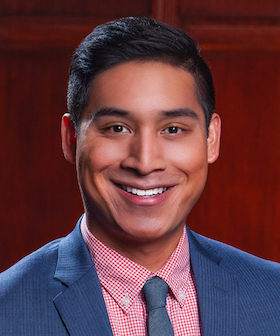
Gregory Serapio-García
- Scholar
- United States
- 2019 PhD Psychology
- St John's College
A San Francisco Bay Area native, I grew up immersed in and fascinated by technology. Carrying this fascination with me to study Psychology and Computing and Digital Technologies at the University of Notre Dame, I used my first research grants to conduct a crowdsourced Internet study of personality and subjective well-being in 105 nations and nine languages. At Notre Dame’s Center for Advanced Measurement of Personality and Psychopathology, I developed an interest in the overlap of clinical disorders with everyday personality traits. In 2017, I was selected for a National Science Foundation (NSF) Computational Social Science REU at Notre Dame’s Center for Research Computing where I used machine learning to predict mental health dimensions from social media big data. By pursuing a PhD in Psychology at Cambridge under the mentorship of Dr Jason Rentfrow, I will synthesize mobile-sensing and personality data to predict mental health outcomes and subjective well-being. I hope to help automate lengthy clinical assessments through computational analyses of social media big data with Dr David Stillwell and colleagues at The Psychometrics Centre. As a Gates Cambridge Scholar and social data scientist, I hope to inform the next generation of the world’s best physicians, lawyers, philosophers, and educators of both the promise of online social data in transforming mental healthcare and the moral imperative to combat the exploitative use of big data in this proliferating field.
Previous Education
University of Notre Dame Bachelor of Arts in Psychology 2019
David Serquera Peyro
- Alumni
- Spain
- 2006 PhD Oncology
- Trinity Hall
David Serquera Peyro
- Alumni
- Spain
- 2006 PhD Oncology
- Trinity Hall
While in Cambridge I was researching the mechanical folding of the multiankyrin repeat proteins. Those proteins are scaffolds in protein-protein interactions and nanosprings in mechanoelectrical transduction processes. Both activities are connecting the protein folding problem with diseases like cancer and prion diseases. The protein folding problem consists of understanding how proteins, the machines and structures of the cell, can reach its three dimensional structure. The correct folding of the proteins determine their function and a bad folding of the protein triggers some diseases. The basic knowledge gained with these researches is serving to produce new drugs in preventing protein aggregation, the consequence of many folding diseases. From my medical experience I understand that protein folding is at the core of modern medicine.https://cambridge.academia.edu/DavidSerquera
Margot Serra
- Scholar
- United States, France
- 2023 PhD Biological Anthropology
- Trinity Hall
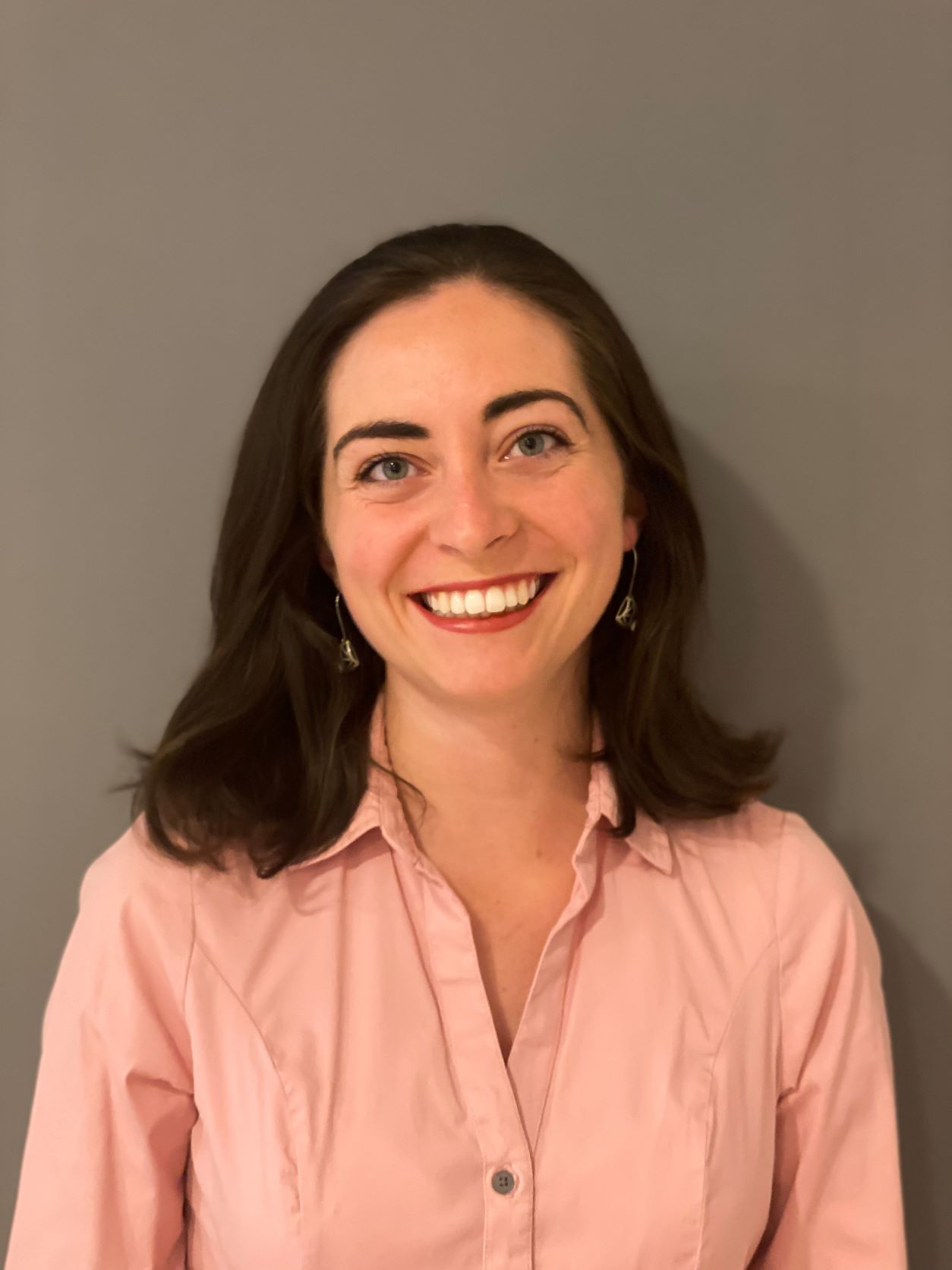
Margot Serra
- Scholar
- United States, France
- 2023 PhD Biological Anthropology
- Trinity Hall
I was born in France but grew up in the Bay Area in California. I have always been interested in combining social and biological sciences to study past human populations. After completing a BA & BSc in Anthropology and Molecular Biology from McGill University, I studied at University College London to do a MSc in Bioarchaeological and Forensic Anthropology. I then decided to undertake a second MA in Anthropology at San Francisco State University where I researched the feasibility and potentials of carrying out palaeopathological analyses of human remains found in looted Prehispanic communal tombs. My PhD research at Cambridge focuses on reconstructing Middle Preceramic (ca. 7000-6000 BP) lifeways in the Lower Ica Valley of Peru, relying on a comparative osteobiographical approach that integrates archaeological, bioarchaeological, and paleopathological lines of evidence. This project will explore the overall diversity of Preceramic communities' biocultural adaptations to the environment of coastal Peru, including within the contexts of the lomas (fog oases) and the nearby hinterlands.
Previous Education
San Francisco State University Anthropology - bioarchaeology 2023
University College London Bioarchaeology & Forensic Anth 2019
McGill University Anthropology and Biology 2018
Juan Serrano
- Alumni
- Peru
- 2015 MPhil Chemistry
- Downing College
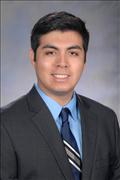
Juan Serrano
- Alumni
- Peru
- 2015 MPhil Chemistry
- Downing College
I was born in Lima, Peru and in 2001, I immigrated to the United States and settled in Coral Springs, FL. In 2014, I graduated from the University of Florida with a B.S. in Interdisciplinary Studies in Medicinal Chemistry and Molecular Genetics. While at UF, I conducted research in medicinal chemistry in the lab of the late Prof Alan R Katritzky. My senior thesis focused on incorporation of a new chemical group onto quinine and demonstrating the increased potency of these novel antimalarial analogues. Seeing the power that chemistry can have in developing innovative therapies against human disease inspired me to work at the Broad Institute of Harvard & MIT in the lab of Prof Stuart L Schreiber. At the Broad, I developed a methodology for arriving at chiral sulfamidate fragments, which will be further used in fragment based drug design efforts.As a Gates Cambridge Scholar, I will pursue an MPhil in Chemistry under the supervision of Prof Steven V Ley. My research focused on developing a new methodology for designing functionalized stapled peptides. These stapled peptides target an important biological factor in cancer, and our methodology is applicable to designing stapled peptide therapeutics for a variety of diseases where protein-protein interactions can be targeted. After my MPhil at Cambridge, I am pursuing an M.D.-Ph.D. at the Perelman School of Medicine at the University of Pennsylvania to train as a physician scientist and continue to incorporate chemistry into developing novel therapeutics to combat human disease.
Previous Education
University of Florida
Raghavendra Seshagiri
- Alumni
- India
- 2002 PhD Architecture
- Clare Hall

Raghavendra Seshagiri
- Alumni
- India
- 2002 PhD Architecture
- Clare Hall
Lina Sestokas
- Alumni
- United States
- 2005 MPhil Biological Science
- Emmanuel College

Lina Sestokas
- Alumni
- United States
- 2005 MPhil Biological Science
- Emmanuel College
Matthew Shafer
- Alumni
- United States
- 2013 MPhil Political Thought and Intellectual History
- Clare College
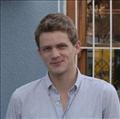
Matthew Shafer
- Alumni
- United States
- 2013 MPhil Political Thought and Intellectual History
- Clare College
I'm originally from Atlanta, Georgia. As an undergraduate at Yale, I informally constructed an interdisciplinary course of study around the formal core of the Philosophy Major, drawing on the resources of the university’s programs in German Studies, History, Religious Studies, Political Science, Divinity, and “Ethics, Politics, and Economics.” These diverse interests were unified by recurring attention to the study of nonviolence as a religious and political phenomenon. I plan eventually to enter academia in the field of political theory, which (I hope) will allow me to help shape the discursive contexts of real-world policy debates and activist movements. I expect that my long-term work will continue to take up questions of violence and nonviolence, moral and political cosmopolitanism, normative ethics, and religion as a political phenomenon.
Veeraj Shah
- Scholar
- United States
- 2021 PhD Public Health and Primary Care
- St Edmund's College
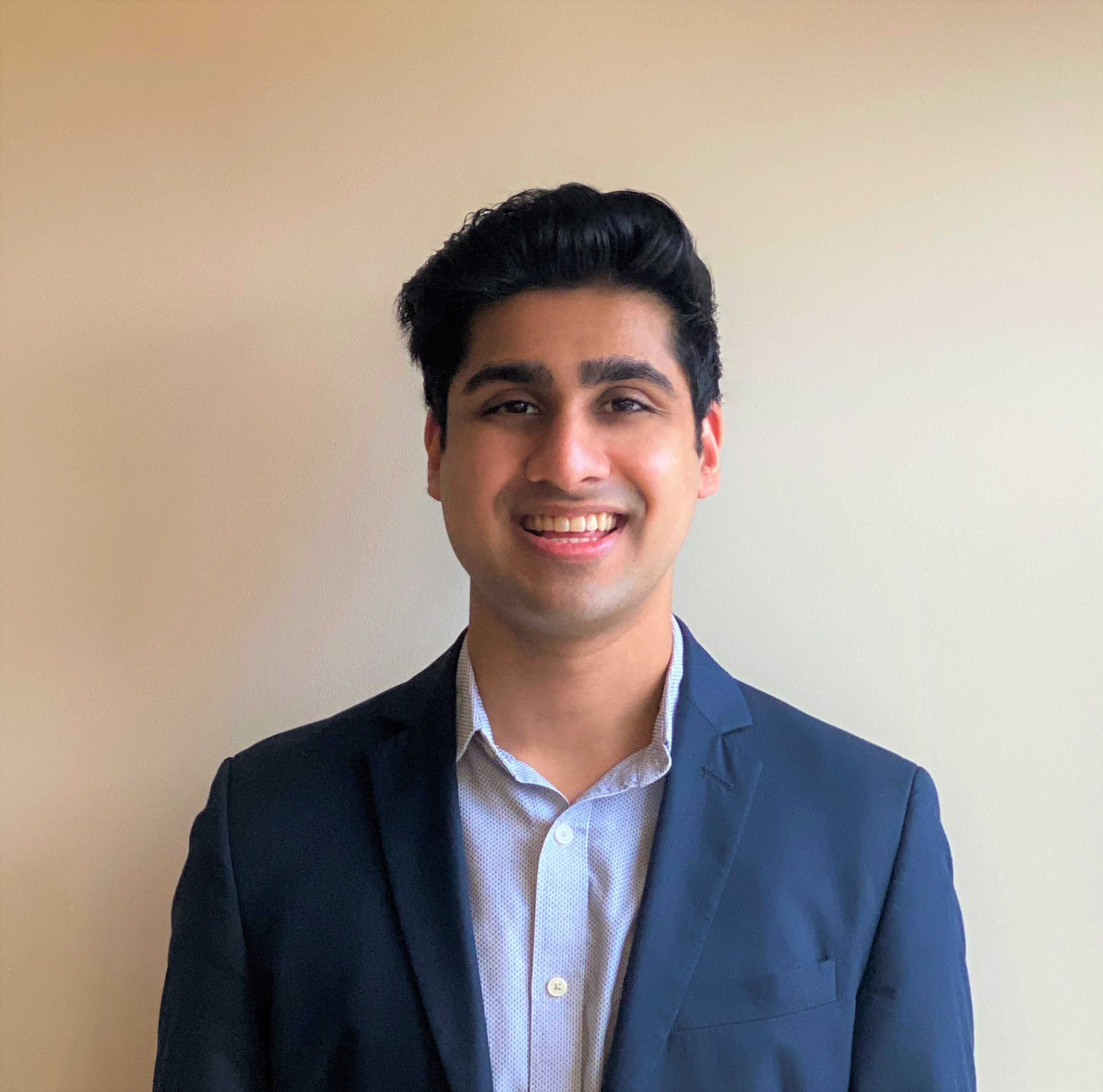
Veeraj Shah
- Scholar
- United States
- 2021 PhD Public Health and Primary Care
- St Edmund's College
As an undergraduate at the University of Maryland, I created an individual studies degree in “Health Policy and Technology” and studied how both policy and novel technology can create more equitable healthcare systems that emphasize preventive health. Through experiences leading Public Health Beyond Borders, a student-led global health organization, I saw the potential of education to improve preventive health in India, Peru, and Sierra Leone. This led me to start Chat Health, a nonprofit organization that applies artificial intelligence to provide accessible and real time information on preventive health. This past year, I worked at the Office of the US Surgeon General, contributing towards the Surgeon General’s Report on Community Health and Economic Prosperity. My PhD research combines interests in preventive health and technology towards improving cancer prevention. Specifically, I will develop and evaluate technology that automates provision of information on cancer-preventive lifestyle behaviors. My hope is that this research will provide evidence to integrate this technology into existing NHS primary care programs and help millions better manage their health. I am truly honored to be joining the Gates-Cambridge Community.
Previous Education
University of Maryland, College Park Health Policy & Technology 2021
Noor Shahzad
- Alumni
- Pakistan
- 2016 MPhil Modern South Asian Studies
- Christ's College
Noor Shahzad
- Alumni
- Pakistan
- 2016 MPhil Modern South Asian Studies
- Christ's College
I am broadly interested in literary cultures, reading practices and the conditions in which texts are consumed and circulated. My undergraduate research at Lahore University of Management Sciences has focused on the affective space that Urdu women's digests provide to women. Through an MPhil in Modern South Asian Studies I look forward to further investigating these digests. My research aims to examine the continuities and discontinuities in discourses on women's reform in Urdu literature. I am deeply honored to be joining the Gates Cambridge community and look forward to learning from and contributing to such a diverse group of scholars.
Previous Education
Lahore University of Management Sciences
University of Cambridge
Callum Shakespeare
- Alumni
- Australia
- 2012 PhD Applied Mathematics and Theoretical Physics
- Trinity College
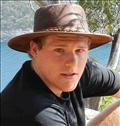
Callum Shakespeare
- Alumni
- Australia
- 2012 PhD Applied Mathematics and Theoretical Physics
- Trinity College
I'm excited to be beginning a PhD in Physics at the University of Cambridge, topic yet to be determined. The university sounds fantastic and the weather absolutely dismal! Nonetheless, I look forward to exploring the UK (by foot and by bike) and taking advantage of the many academic opportunities that will no doubt present themselves. It is an honour to be a 2012 Gates Cambridge Scholar!
Jessica Shang
- Alumni
- United States
- 2008 MPhil Engineering
- Churchill College
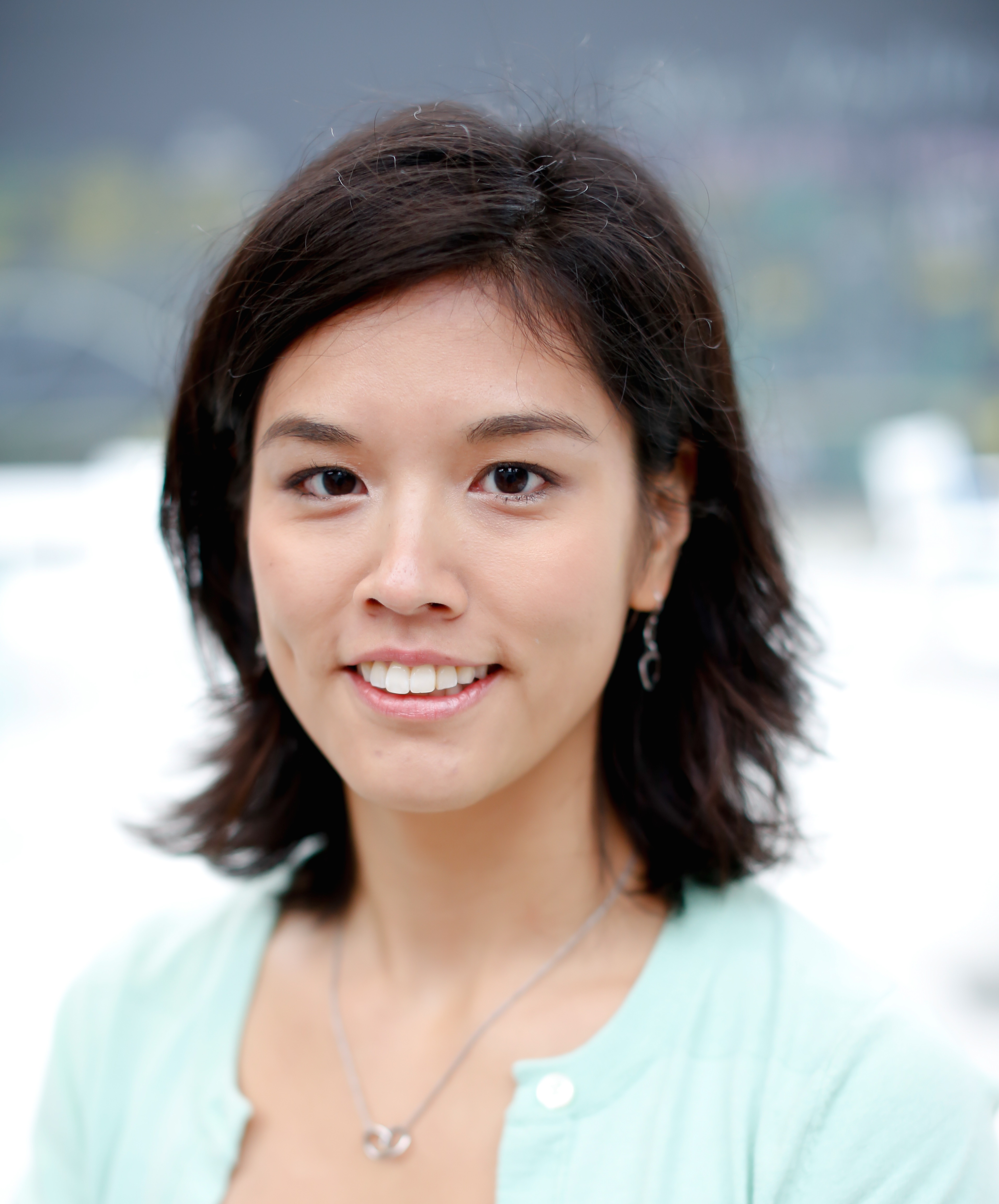
Jessica Shang
- Alumni
- United States
- 2008 MPhil Engineering
- Churchill College








